One of my greatest pleasures is getting to know loyal blog readers. Bonus: Their dogs! Laura Lauteret (Laura L now) has commented often for several years, and many of us had heavy hearts when we learned that her beloved guide dog, Seamus, died of hemangiosarcoma four years ago. What a joy to meet her new dog, Kyle, who she has had now for about two short months. The post about “Intelligent Disobedience” got Laura and I into a discussion about its importance in service dogs, and I ended up asking if she could help us understand more about life with a guide dog. Here she is now with her new guide dog, Kyle.
Laura is comfortable for you to know that she is legally blind, having been born prematurely, before medicine knew how to look for, and treat, “retinopathy of prematurity.”
We talked at length about the process of getting a guide dog, the challenges and joys of training a new one, and what she would like to people to know about what guide dog teams need from the rest of us.
I’m going to start on this last topic first, because it’s important, not to mention that it led to the best laugh I’d had all week. I asked her to tell us about some of the weird questions she’s been asked when she was out in public with her guide dog. My favorite: Someone asked her “How do you have sex?” I laughed so hard I almost fell out of my chair. (Please send good answers in case she ever gets asked that again.)
A question I thought was a good one was: How do you pick up poop? Answer: All dogs are trained to potty on cue. Their handlers can tell if its peeing or pooping by the slant or curve of their back. If it’s poop, they follow their dog’s back to the tail, and pick up.
Most importantly, what would Kyle (more on him soon) want us to know about guide dogs for the visually impaired? In Laura’s words: “These are dogs! Not machines.” People seem to think they can do anything, ANYTHING to guide dogs because “your dog would never bite anyone.” People actually say that to her. Too many take liberties with guide dogs that they’d never take with other dogs, and it puts their handlers in a terrible position. Laura has actually had parents say to her that it was fine that their child was trying to crawl over Shamus, because “kids need to experience this.” Save me.
People also seem enamored of the idea that guide dogs are there to “protect” them. Laura said if her dog tried to protect her from anyone, she’d have to give him away. I will never forget giving a book talk in a local book store when a woman in a wheel chair came in with a massive German shepherd, clothed in a service dog vest. People had been encouraged by the store to bring their dogs, so there were quite a few there. The shepherd, in the first row, spent the first fifteen minutes glaring at another dog a few seats away. The owner had told me that the dog was “protective,” so I had at least managed to get her at the end of a row, and chatted away to the group while never quite taking my eyes off the shepherd. Eventually, smoke began to come out of the dog’s ears (okay, maybe not quite yet), and I would’ve bet the farm it was about to launch at a hapless Labrador, who had been busy making herself as small as possible, several seats away. While still talking, I casually strolled off the stage, blew out a breath and took a hold of the shepherd’s leash. So no; “protective” (which is usually either “possessive” or “defensive aggression based on fear) is not what any guide dog handler needs.
Laura also talked, with love and insight, about the different personalities of her four guide dogs. Fascinated myself about the different natures of working sheepdogs, I loved hearing about her first, Marlin, who was a “very serious worker,” and a good first dog for her. Marlin sent out “I’ve got you vibes,” which has got to be every one’s fantasy at some point in their lives, blind or not. (Why am I channeling The Bodyguard movie here?) Laura cried for weeks after Marlin had to retire, and now knows she got a new dog too soon. Torpedo suffered a bit from “second dog syndrome,” but they got along and he did good work for her. Torpedo guided more “like a shepherd”–always looking far ahead, keeping more space between objects than dogs who guide like labs (and Marlin, who would walk right up to things and then squeak you by).
And then, she got Seamus, her heart dog. He died, suddenly, at age eleven of hemangioscarcoma, that brutal cancer that takes dogs like an armed assault. I lost Mist, one of my first BCs, four days after her own diagnosis; the speed of it makes their deaths that much harder. Laura felt like she’d been hit by a car, and still misses him. Seamus guided more like a typical shepherd, but never from fear, more like “I just want you to know what’s coming up ahead of us.”
Laura had to wait four, long years for her new dog from Guide Dogs for the Blind (Covid put everything on hold–the dogs are purpose bred and tremendous effort goes into getting them well-socialized and stress-resistant at an early age. Once things opened up, there was a huge bottleneck.) Kyle is young and still wanting to sniff his way around the world, is yet attentive, responsive, super sweet and she trust him completely already, even though she is aware he still needs training. He’s been doing fantastic work for her, (see the post on “Intelligent Disobedience” about him stopping in a cross walk when a car Laura couldn’t see had entered it). Kyle is also relatively chill, important for Laura who has a desk job, so much so that sometimes she has to say “Kyle, just go!” She’s had enough experience to know when he is feeling unsure, and it seems to me that Kyle is a lucky, lucky boy to have her. I will soon have the pleasure of meeting them both at the Midwest Championship Sheepdog Trial outside of Hudson, WI at the Finals on Monday September 2nd when I’ll be doing some announcing! I can’t wait. Photos to come.
I’d love to hear more from anyone with a working dog, from service dogs of all kinds, to working sheepdogs, scent detection dogs, etc. about your experiences with different types of dogs. Right now, my Skip is pushing me to learn how to handle his particular personality type on them sheep being used in trials this time of year. He’s brilliant on “flighty” or easy to move sheep, and truly lost on “heavy” sheep who “lean on a dog.” I scratched him from the last trial because he did every thing I asked at the one before, but I “retired” because he and the sheep were moving at a snail’s pace. I’ve learned some new exercises we are trying out . . . we’ll see. What about your working dog(s)? What different types of dogs are best in what situations. I can’t wait to read your comments!
MEANWHILE, back on the farm: What is better than the smell of a barn full of hay late in the summer? (Okay, maybe not being allergic to it? But, damn, I still love the smell.)
Between Jim’s Habitat for Humanity volunteer buddies, the Sutter and Zwettler families, we got 315 bales of hay into the barn well before the snow flies. Unloading hay requires, ideally, 2 folks to carefully place the bale on the elevator (seen far right bottom corner), which grudgingly fights gravity and moves the bales into the barn on the upper floor.
Bales arrive through a window designated to receive the hay, and then are stacked, which gets harder as the number of bales increases. Here Jim is catching a falling bale, and then passing it along to folks stalking it.
I brought the sheep down to see if they approved, a tough test since they are fat as ticks on the knee-high grass that our endless spring and summer rains created. Luckily, they ate enough to make me happy they’ll be fine all winter.
I asked Skip and Maggie to pose on the hay after it was all in and stacked. Skip was happy to help. Maggie, in her dotage, has regressed to the teenager who HATES IT when you get out the camera.
Here’s hoping none of your four-legged friends hate anything this week. I’m loving the super moon, the snowy tree crickets, and pretending the garden is not screaming WEED ME! Let us know what it’s been like to have working dogs with very different personalities, and how that has effected your work together. We’d love to know!










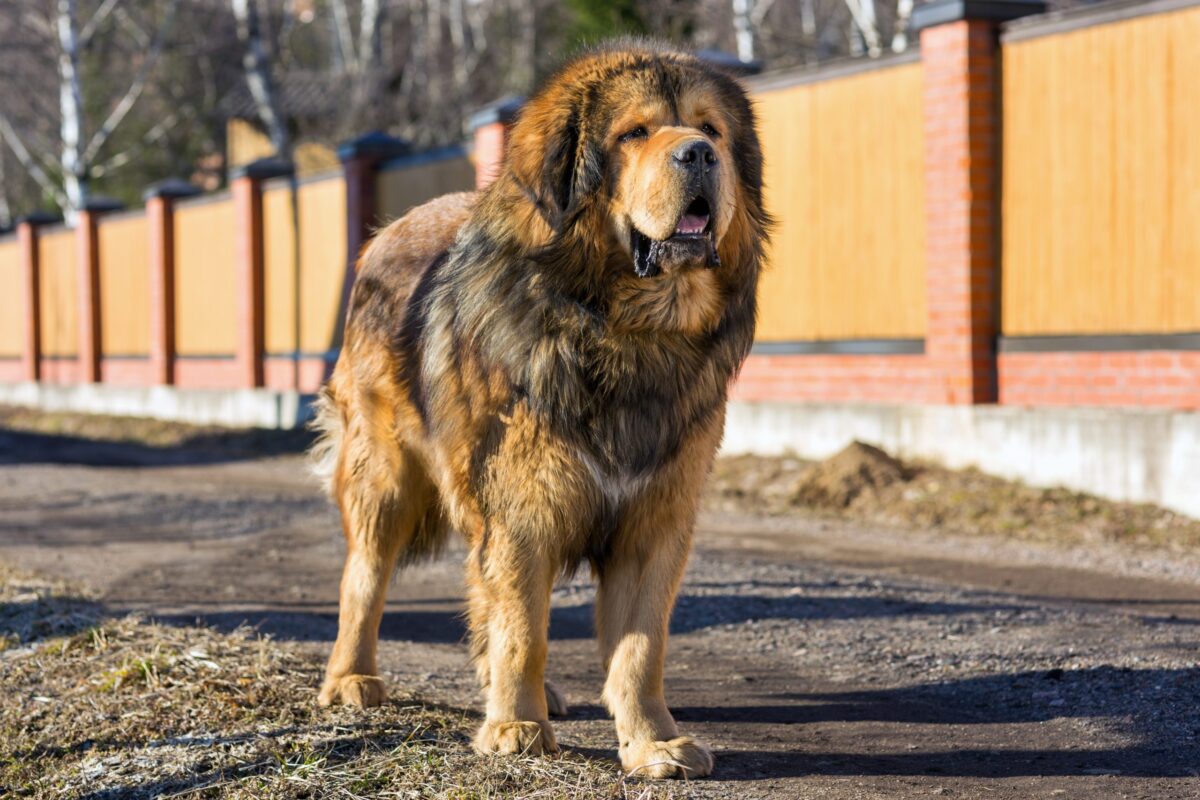

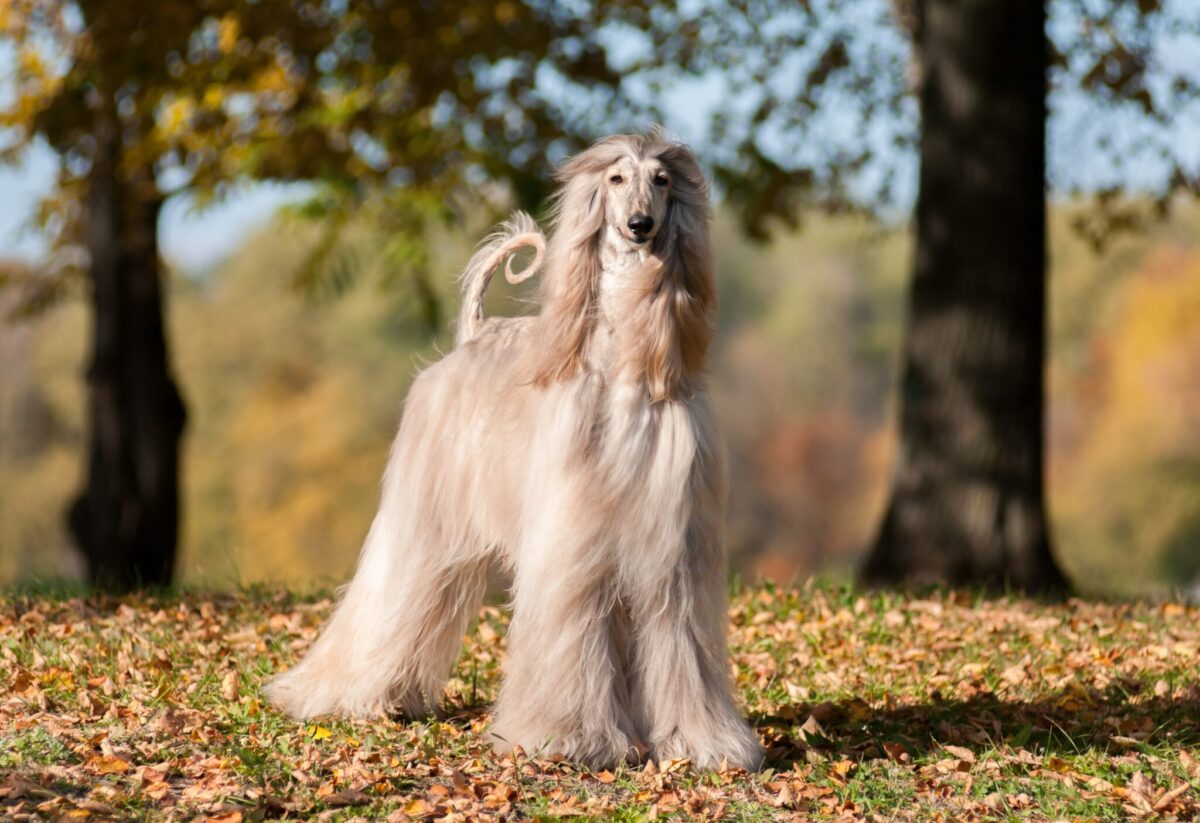
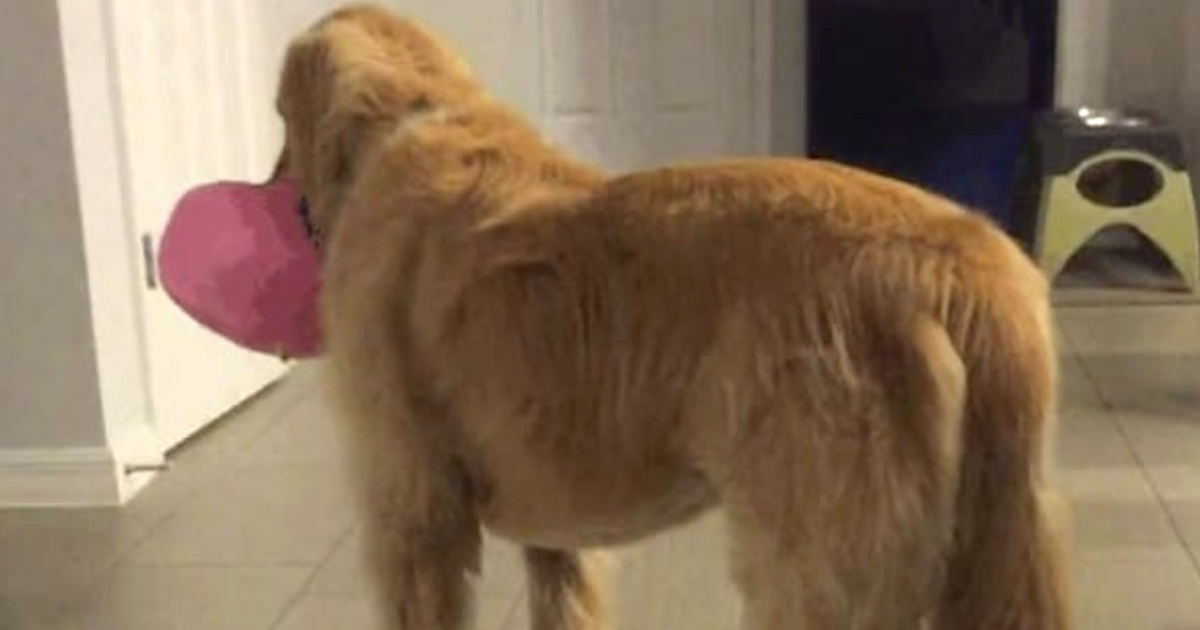
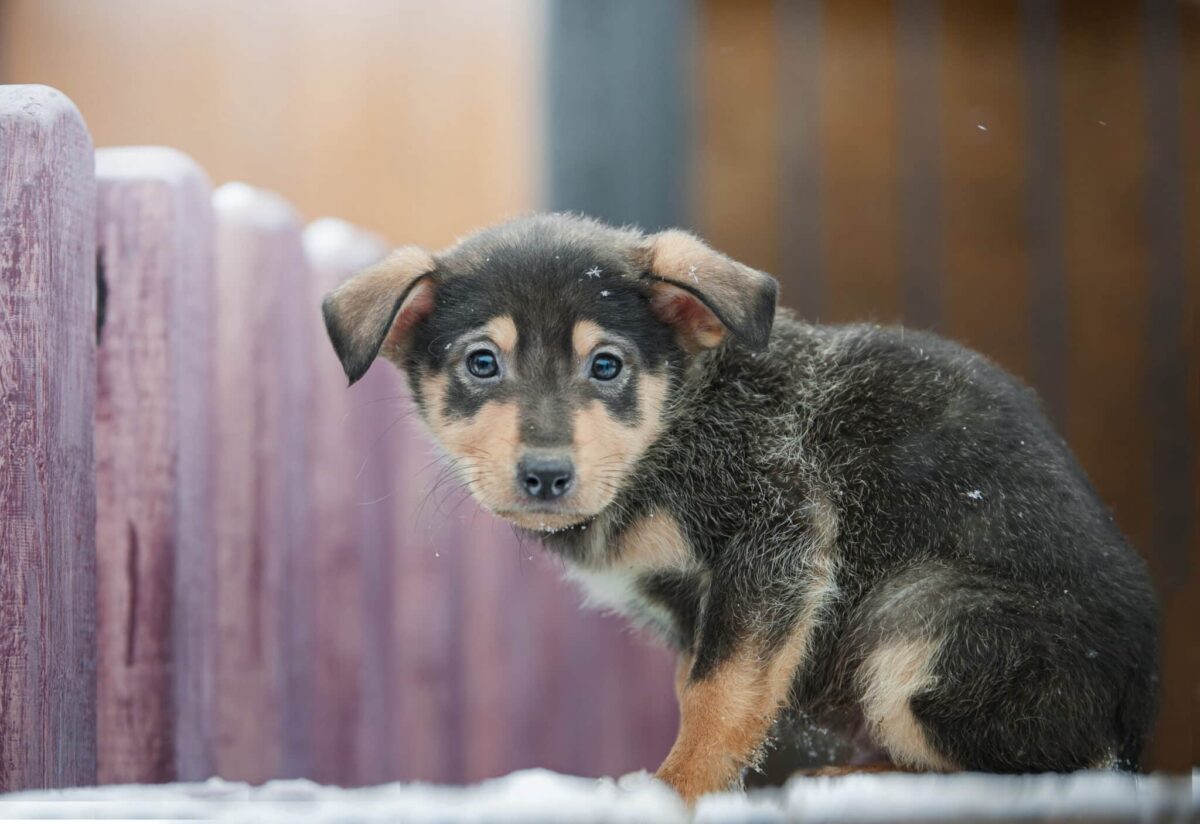


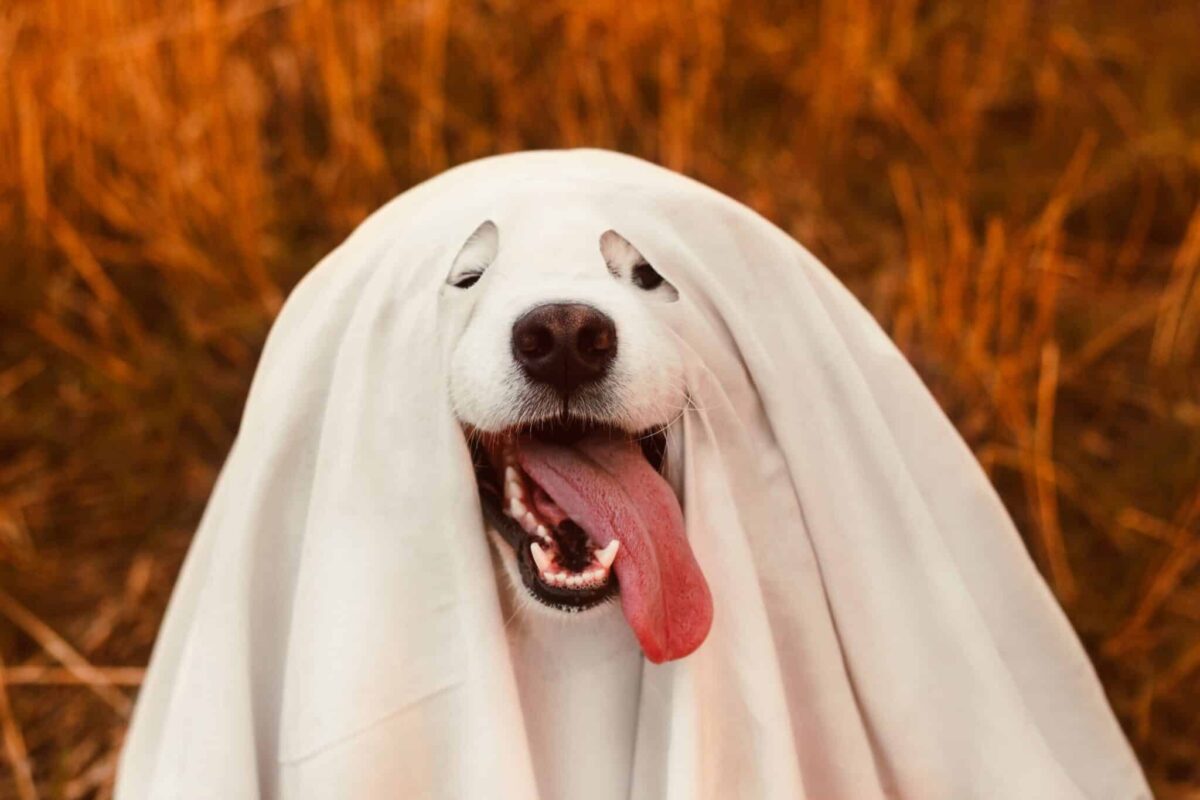
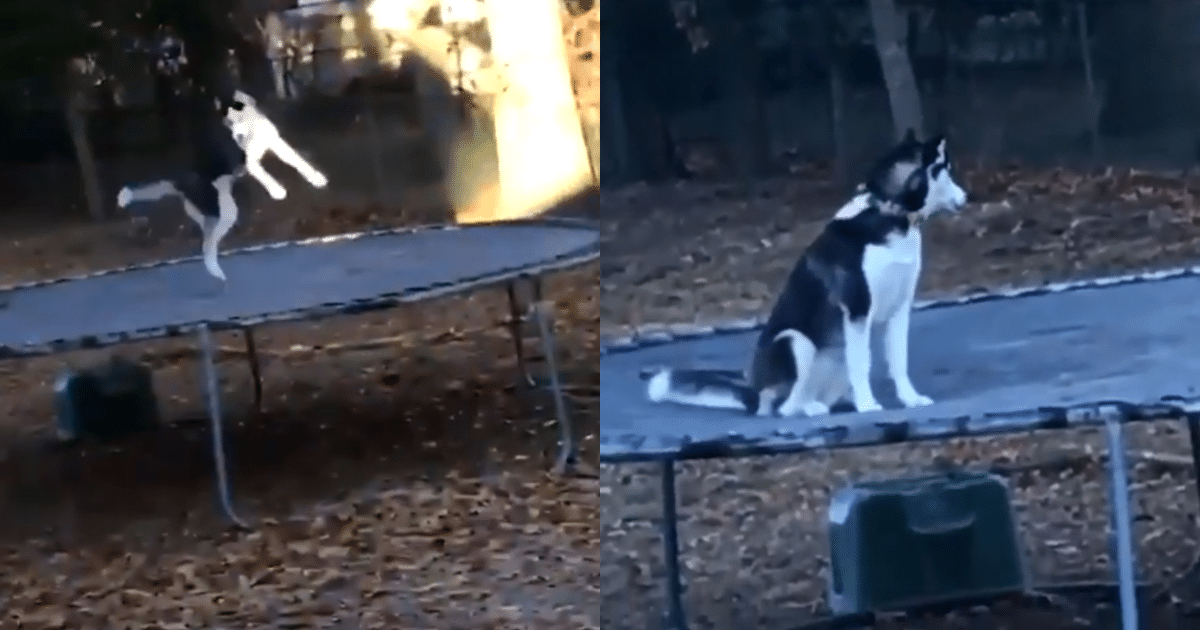
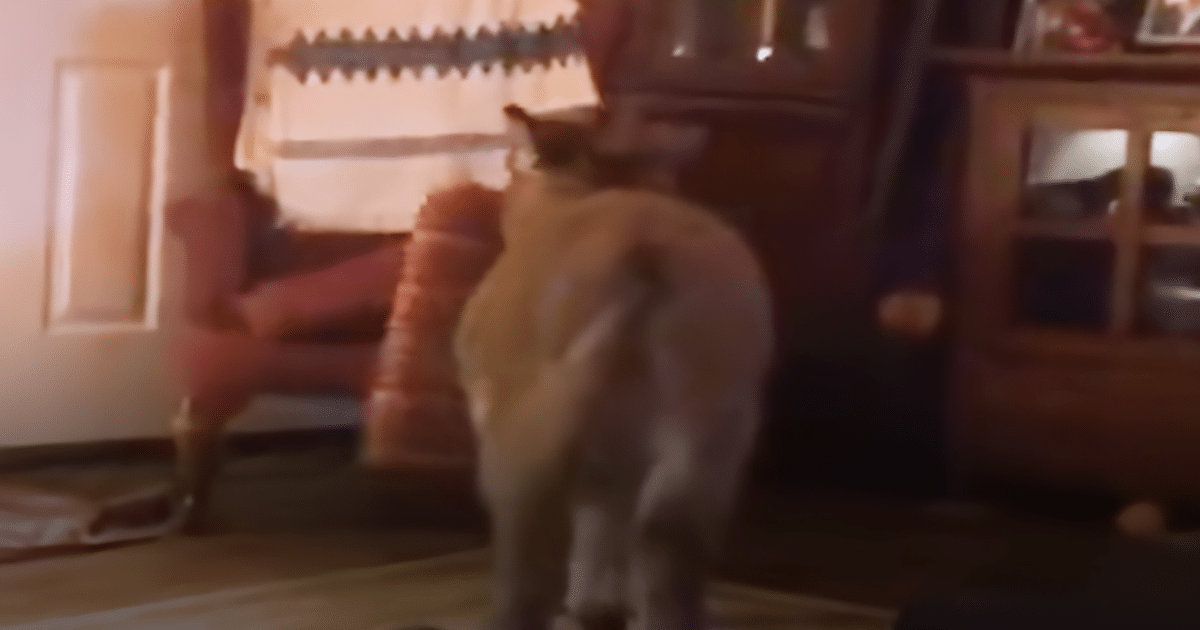



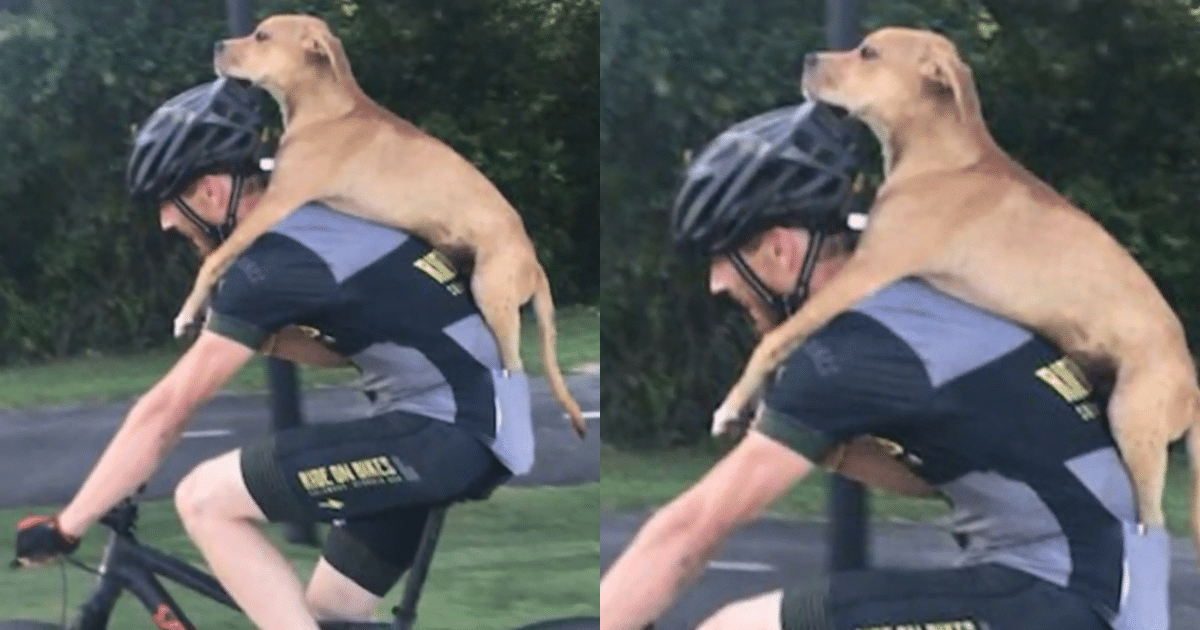
 English (US) ·
English (US) ·